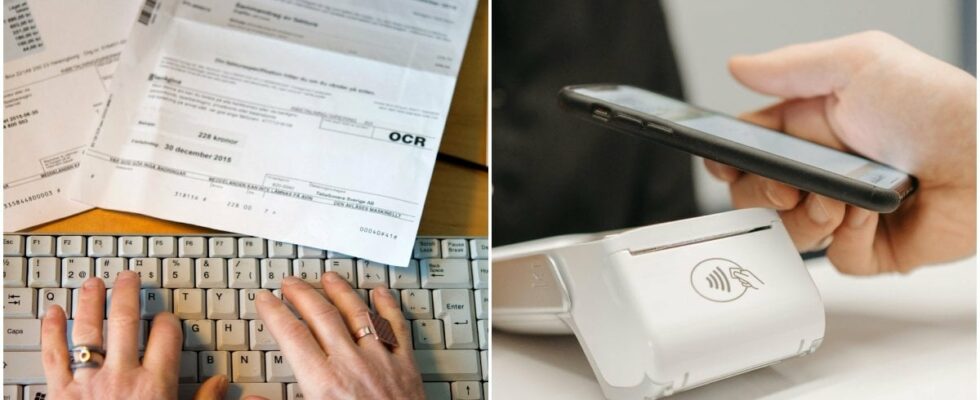In recent years, more and more businesses, services and functions have been digitized. Since the 1990s, things have gone at a furious pace and today the vast majority of business is done via the internet.
An aid that greatly facilitates everyday life is a digital e-identification that makes it easier to both pay bills and shop via the internet. For those who do not have a digital e-identification, however, it has become increasingly difficult to carry out matters and at the same time keep up with developments.
DO NOT MISS: Investigators want to see government e-identification
The EU requirement: Common e-identification
In 1995, Sweden joined the European Union, EU. According to them, the digital identity must be available to all EU citizens, both private individuals and companies.
“Everyone who is a citizen or resident in the EU must be able to use a personal digital wallet,” writes European Commission on its website.
What you want is for it to be possible to use services online and for it to be possible without you needing to share personal data unnecessarily.
This has resulted in the EU deciding that all member states must have a common e-identification. By offering the possibility of their own digital wallet, which can be linked to national digital identity documents, they want to give citizens more choices.
DO NOT MISS: 5 hidden features of your Android you should start using
Photo: Henrik Montgomery/TTThe EU’s e-identification is then launched
In May 2024, the decision came from the EU, in the so-called eIDAS regulation, that from 2026 all EU member states are obliged to offer the digital wallet to their citizens. It must then also work throughout the Union and make it possible to handle everything from driving licenses and diplomas to documents for prescription medicine or to be able to open a bank account abroad.
– With this digital identity wallet, in addition to identifying yourself, you should also be able to share other information about yourself, says Lotta Hämäläinenhead of unit at DIGG (The Agency for Digital Management), to Swedens radio.
Currently, four pilot projects are being conducted up to and including 2025. The service is then tested in all possible different everyday scenarios. When the pilot projects are completed, security must be improved before it is time to launch the digital wallet, which will be named EUDI Wallet (EU Digital Identity Wallet).
“It will be accessible to all, have broad use through access to public and private services throughout the Union and give the user control over their own data,” writes DIG on its website.
DO NOT MISS:
Storbanken’s changes for Swish and transfer with BankID
104-year-old tricked into swishing 260,000 kroner: “It was bad”
